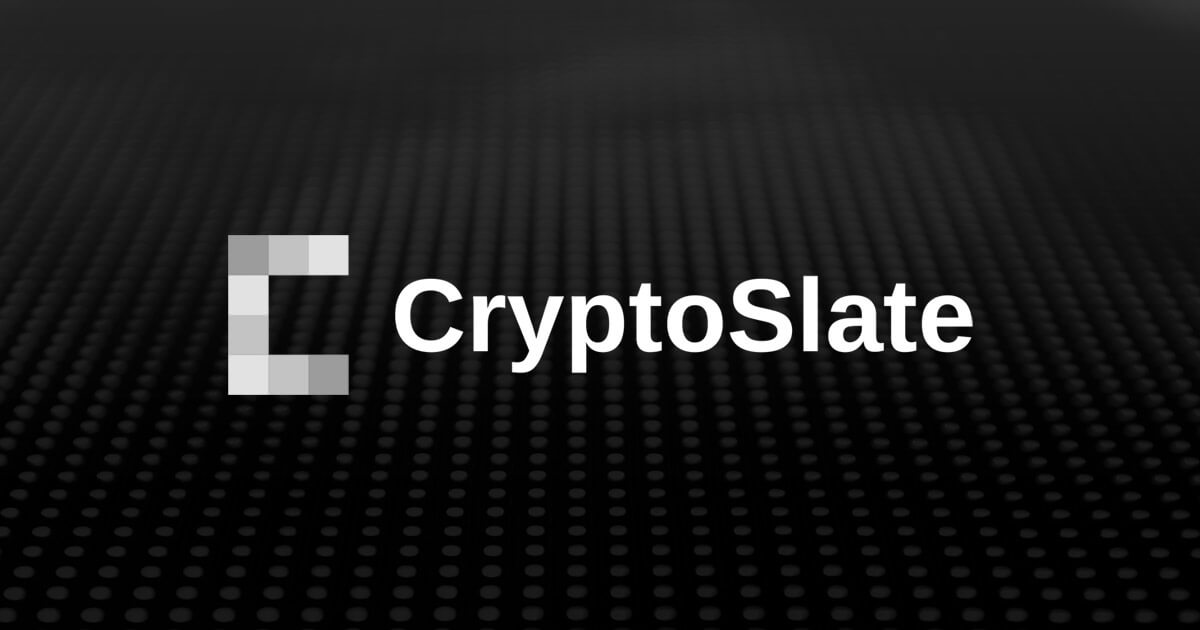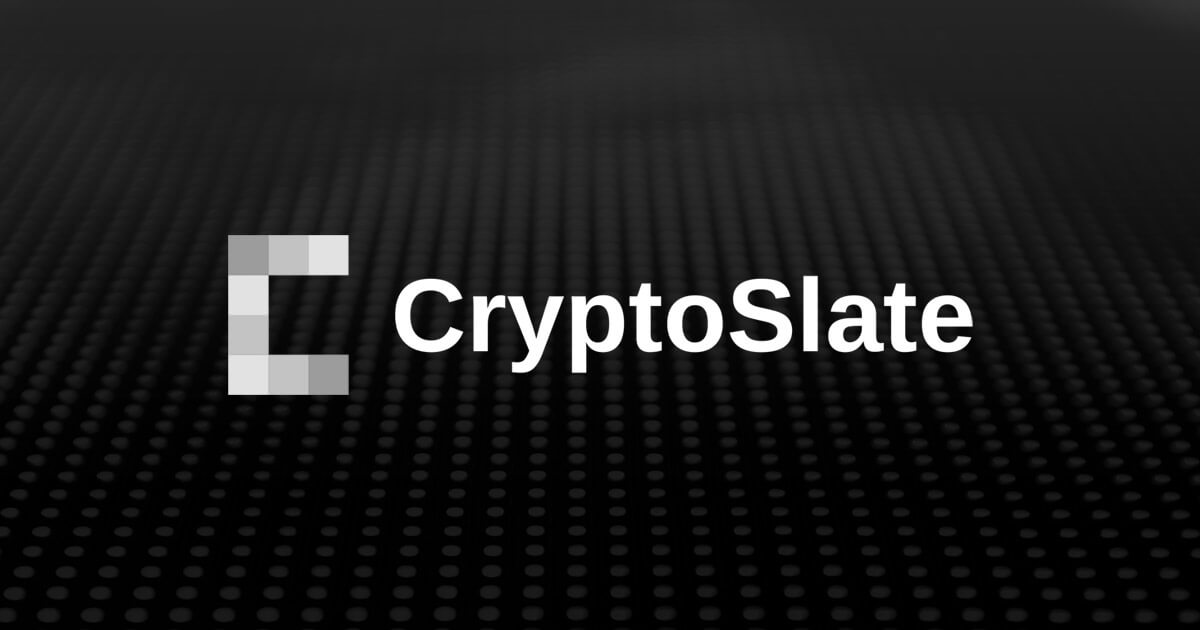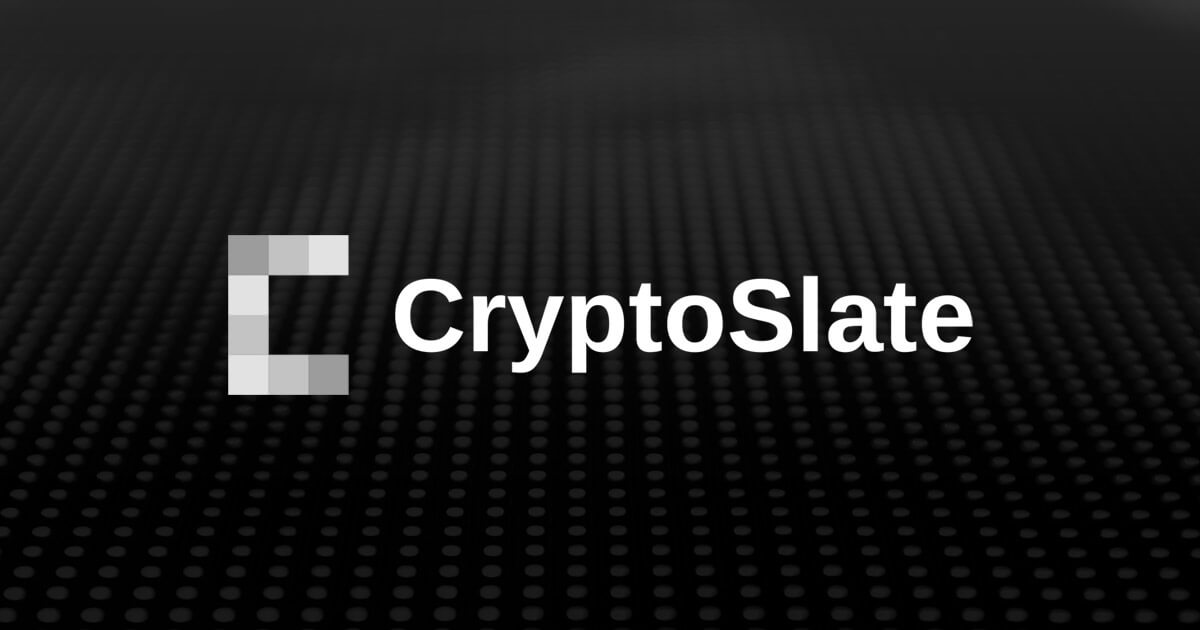Researchers estimate Bitcoin uses as much electricity as Ireland and costs 0.1 percent of the world’s GDP.
Could Wind Power the Bitcoin Network?
Soluna, a renewable energy company, is poised to ease environmentalists’ concerns with a new, sustainable energy resource for the pioneer cryptocurrency, according to MIT Technology Review.
Founded in June 2018, Soluna is striving to answer the aforementioned issue with a 37,000-acre wind farm in Morocco aimed at providing renewable energy to Bitcoin mining farms.
While the site underwent development more than nine years ago, its owners abandoned the project shortly afterward. According to the Soluna team, the enterprising farm can produce over 900 megawatts per day, a substantial chunk of energy considering Bitcoin’s daily requirement of 2.55 gigawatts.
Soluna has also partnered with Germany-based Altus AG, a wind-power developer and equipment manufacturer. Together, the companies will aim to build a 36-megawatt capacity by 2020, and reach the 900-megawatt mark by 2023.
Creating a Working Concept
For the venture, Soluna will not sell energy to other miners and will use the revenue to reinvest in the farm and run the company.
However, CEO John Belizaire stated excess electricity would be sold to local Moroccan utilities–calling the venture a “vertically integrated network” that augments the domestic renewable energy landscape in addition to powering Bitcoin and other altcoin networks.
Running the Bitcoin network is an energy-intensive business; confirming transactions and adding to new blocks requires millions of calculations before the system “validates” a payment/transfer.
Due to the aforementioned reason, miners often move to colder climates to cut down on the cooling costs involved in keeping their rigs working and to provide cheap electricity.
Miners Facing Tough Times
Despite efforts to relocate to western China, Russia, Iceland and the U.S., mining businesses grapple with considerable utility payments, as Bitcoin’s validation difficulty increases and block rewards decrease.
However, Soluna believes a wind-powered solution could help provide electricity at the cost “of the cheapest Chinese coal power.”
Mentioning Soluna’s decision to produce their electricity for mining, Belizaire noted:
“Assuming you can develop the power at the lowest cost, you by definition will always have the lowest cost, because no one is going to change your power price.”
The company ascertains it can mine any altcoin network in “any foreseeable price environment,” adding the model could find use in underdeveloped areas to create “rich” energy processes.
Justifying his investment, Belizaire is bullish on the future of cryptocurrencies and blockchain technology, or “decentralized computing” as he puts it.
The entrepreneur acknowledges cryptocurrency projects are searching for energy-efficient alternatives to mining, but a “global blockchain ecosystem” would invariably require a renewable, cheap and clean resource as fuel.


















